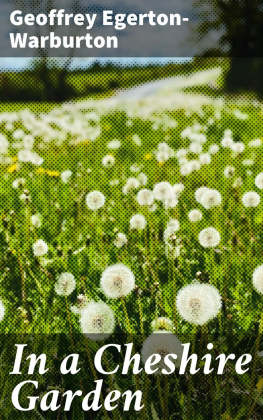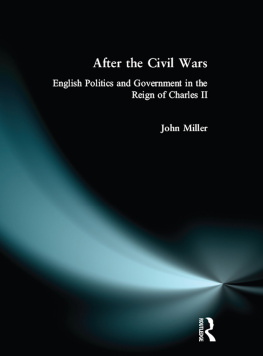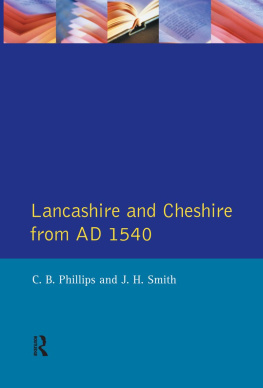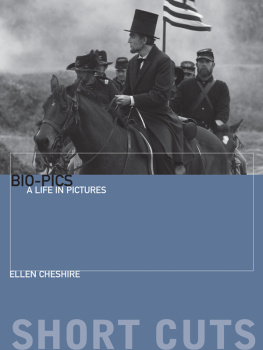Gentry culture and the politics of religion
Politics, culture and society in early modern Britain
General Editors
PROFESSOR ALASTAIR BELLANY
DR ALEXANDRA GAJDA
PROFESSOR PETER LAKE
PROFESSOR ANTHONY MILTON
PROFESSOR JASON PEACEY
This important series publishes monographs that take a fresh and challenging look at the interactions between politics, culture and society in Britain between 1500 and the mid-eighteenth century. It counteracts the fragmentation of current historiography through encouraging a variety of approaches which attempt to redefine the political, social and cultural worlds, and to explore their interconnection in a flexible and creative fashion. All the volumes in the series question and transcend traditional interdisciplinary boundaries, such as those between political history and literary studies, social history and divinity, urban history and anthropology. They thus contribute to a broader understanding of crucial developments in early modern Britain.
Recently published in the series
Chaplains in early modern England: Patronage, literature and religion HUGH ADLINGTON, TOM LOCKWOOD AND GILLIAN WRIGHT (eds)
The Cooke sisters: Education, piety and patronage in early modern England GEMMA ALLEN
Black Bartholomews Day DAVID J. APPLEBY
Insular Christianity ROBERT ARMSTRONG AND TADHG HANNRACHAIN (eds)
Reading and politics in early modern England GEOFF BAKER
No historie so meete JAN BROADWAY
Writing the history of parliament in Tudor and early Stuart England PAUL CAVILL AND ALEXANDRA GAJDA (eds)
Republican learning JUSTIN CHAMPION
News and rumour in Jacobean England: Information, court politics and diplomacy, 161825 DAVID COAST
This England PATRICK COLLINSON
Sir Robert Filmer (15881653) and the patriotic monarch CESARE CUTTICA
Doubtful and dangerous: The question of succession in late Elizabethan England SUSAN DORAN AND PAULINA KEWES (eds)
Brave community JOHN GURNEY
Black Tom ANDREW HOPPER
Reformation without end: Religion, politics and the past in post-revolutionary England ROBERT G. INGRAM
Connecting centre and locality: Political communication in early modern England CHRIS R. KYLE AND JASON PEACEY (eds)
Revolution remembered: Seditious memories after the British Civil Wars EDWARD JAMES LEGON
Royalists and Royalism during the Interregnum JASON MCELLIGOTT AND DAVID L. SMITH
Laudian and Royalist polemic in Stuart England ANTHONY MILTON
The crisis of British Protestantism: Church power in the Puritan Revolution, 163844 HUNTER POWELL
Lollards in the English Reformation: History, radicalism, and John Foxe SUSAN ROYAL
The gentlewomans remembrance: Patriarchy, piety, and singlehood in early Stuart England ISAAC STEPHENS
Exploring Russia in the Elizabethan Commonwealth: The Muscovy Company and Giles Fletcher, the elder (15461611) FELICITY JANE STOUT
Loyalty, memory and public opinion in England, 16581727 EDWARD VALLANCE
Church polity and politics in the British Atlantic world, c. 163566 ELLIOT VERNON AND HUNTER POWELL (eds)
Full details of the series are available at www.manchesteruniversitypress.co.uk.
Copyright Richard Cust and Peter Lake 2020
The right of Richard Cust and Peter Lake to be identified as the authors of this work have been asserted by them in accordance with the Copyright, Designs and Patents Act 1988.
Published by Manchester University Press
Altrincham Street, Manchester M1 7JA
www.manchesteruniversitypress.co.uk
British Library Cataloguing-in-Publication Data
A catalogue record for this book is available from the British Library
ISBN 978 1 5261 1440 2 hardback
First published 2020
The publisher has no responsibility for the persistence or accuracy of URLs for any external or third-party internet websites referred to in this book, and does not guarantee that any content on such websites is, or will remain, accurate or appropriate.
Typeset in 10/12 Scala by
Servis Filmsetting Ltd, Stockport, Cheshire
This book began life forty years ago when we were researching the career and writings of Sir Richard Grosvenor on a series of memorable student trips to Chester with our friend Alan Thomas. Ever since then we have been enormously grateful for the hospitality and help given to us by the staff at Cheshire Archives and Local Studies (formerly the county and city record offices) and also at the Staffordshire Record Office. We would also like to thank the Universities of Birmingham and Vanderbilt for providing us with the research funding to carry out this project.
In writing this book we have relied heavily on the work of others and benefited enormously from their help and insights. We are particularly indebted to Tom Cogswell, Ken Fincham, Ann Hughes and John Walter, who all read sections of this book and advised us on particular topics. Howard Barlow, Steven Hindle, James Mawdesley, Philip Morgan and David Scott have been particularly generous in sharing their knowledge of all things Cheshire and saving us from errors. Charles Goode and Julia White have assisted with work on Thomas Mainwarings diary; Louise Buglass has drawn the maps; Wendy Di Traglia kindly allowed us to use her work on Cheshire funeral monuments; and Rosemary Keep has shared her work on gentry portraiture. We would like to thank all of them.
We would also like to acknowledge the influence of the work of Conrad Russell in shaping this and all our work on early Stuart politics.
Finally, we would like to thank, and acknowledge the influence of, four outstanding historians whose own early work on county studies has done so much to influence our understanding of the local history of the civil-war period: Anthony Fletcher, Clive Holmes, Ann Hughes and John Morrill.
Richard Cust and Peter Lake
July 2019













